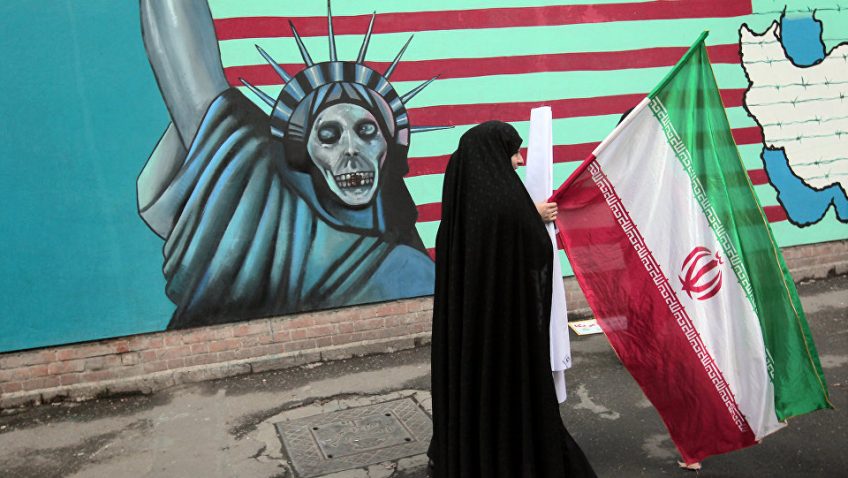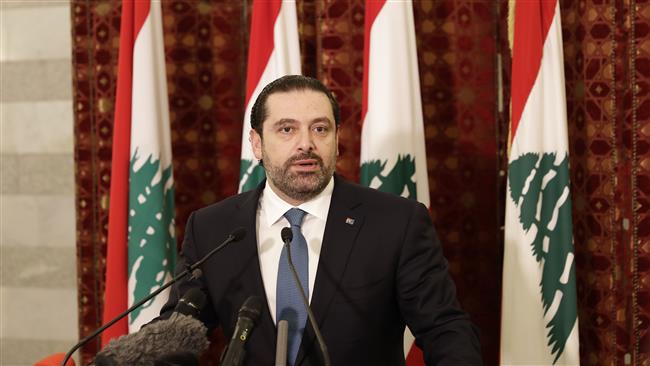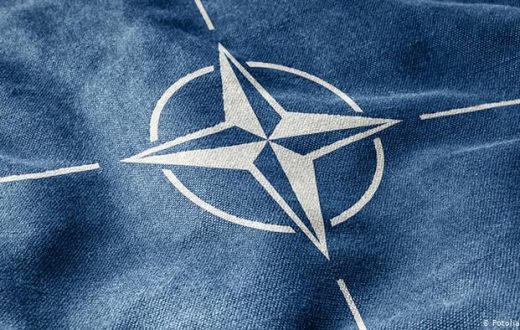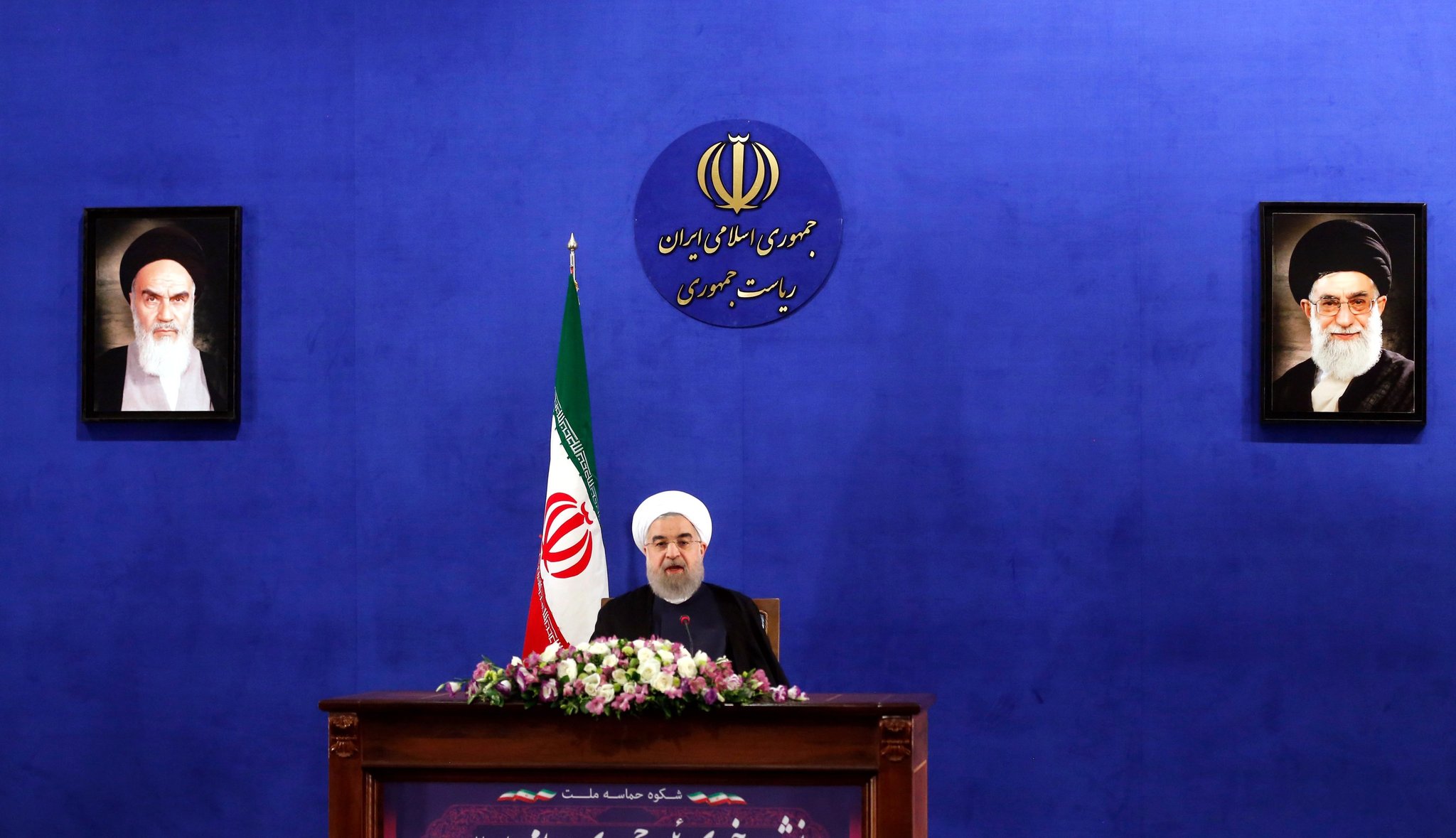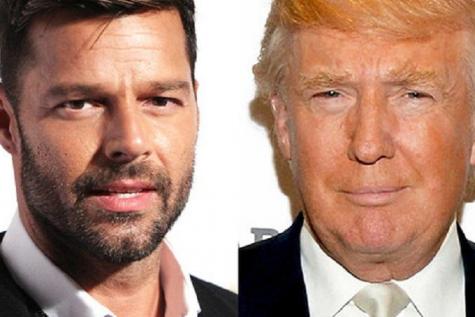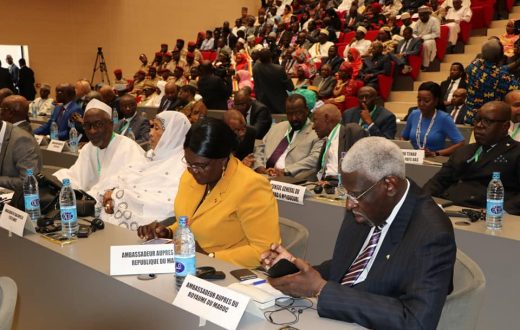Introduction
Many authors seem to believe that quiet diplomacy helped to win the cold war, by gently maneuvering behind the scenes. Hence, I argue; if diplomats were able to bring the Soviet Union and the United States back from the brink of nuclear conflict towards détente, and eventually peace. Why can’t they do it with Iran? Or perhaps there’s no chance for quiet diplomacy to serve the common good in our modern times?
The death of “quiet diplomacy”
In the few hours after an American drone strike in Iraq killed Iran’s most important military leader, Gen. Qassim Suleimani, a question has dominated discussions in the US, the Middle East, Europe, on social media and the rest of the world. Could this lead to war between the United States and Iran? Sometimes we need to step back and look at the bigger picture in order to get the right answer, of course, the Greater Middle East region has remained for years trembling from the struggle of regional and global influence between major powers. However, the current developments have led to dramatic changes in the strategies and mechanisms of those superpowers seeking for influence in the region, while some countries are used to direct engagement in military confrontations of war on terror, other western countries took a different approach on their foreign policies. The so called “silent diplomacy” countries preferred to deepen their cultural presence, develop their soft communication with countries of the MENA region, while expanding their diplomatic efforts to search for political solutions to the region’s chronic crises and provide support to many Arab governments and other legitimate political institutions in countries such as Iran, Libya, Yemen and Iraq in order to be able to open a new political paths and eventually establish a post-war era on terror and reconstruction strategies.
In a related paradox, some may argue that killing of Suleimani makes the world safer, but I think that direct confrontation between Washington and Tehran remains probable in the foreseeable future, as long as diplomacy was working with Iran until president Trump abandoned it. I totally agree with John Kerry when he said that president Trump puts the US on a path toward conflict and turmoil with Iran. He concluded that ”We have too often forgotten that the United States should never go to war on a lark, for a lie or a mistake. We have also seen the divisions over Vietnam and Iraq tear at the fabric of life in our country. Yet now, young Americans are again worrying that they might have to die because their political leaders did not exhaust or even explore, but rather abandoned the possibilities of diplomacy. Our diplomacy should not be defined by bluster, threats and brinkmanship, tweets or temper tantrums, but by a vision for peace and security addressing multiple interests of the region.’’ Kerry said.
This is not a wistful argument but a plea!
This is not a wistful article but a plea, we must end the obsession with creating new “types” of diplomacy as quiet diplomacy has an important role in addressing the root causes of any conflicts; countries like India, Japan, China, Scandinavia, Sweden, Denmark, Hungary and perhaps Singapore are the most countries that follow quiet diplomacy strategy in our modern time by means that differ according to the orientations of each country and the nature of their political system in it. Those countries place greater importance on soft cultural and economic presence in order to embrace and support diplomatic initiatives.
In taking the long-term view; I also agree with Knut Vollebaek, who believes that quiet diplomacy is needed in modern times. In his address to the OSCE Parliamentary Assembly’s Winter Session 2012; he stressed that in an environment where the political attention spans are short and where superficial changes too often pass for real, “I believe it is of fundamental importance that we do not allow ourselves to forget that the root causes still need to be addressed. And it is here that I see a valuable role for the quiet, old-school diplomacy of my Institution.” Vollebaek emphasized.
We are left to ponder another paradox, even thought we view U.S. as a top ally in many countries around the globe, and in the MENA region particularly– but others view it as a threat today. Jeffrey A. Engel, an American history scholar and director of the Center for Presidential History at Southern Methodist University, argued that Trump should try quiet diplomacy as Bush 41 did. He explained that Trump is unlikely to adopt Bush’s style, but would do well to adopt the key to his diplomatic success: the ability to keep quiet. The world changed on Bush’s watch. Freedom blew through Eastern Europe, South Africa and even China — until Tiananmen Square. An American-led coalition liberated Kuwait from Iraq. Most important of all, the Cold War’s end upended the international order in place since 1945. Wars typically follow such tectonic changes.
Engel concluded by redefining one of the key terms of his argument that Bush read history differently, he had already achieved the American presence he valued most. ”His diplomatic success epitomized the very internationalism Trump despises, favoring different roles and goals for the nation at a moment when few perceive the world going Washington’s way. Having never berated or belittled his counterparts, having defused rather than catalyzed tensions, and having kept the details of his negotiations private until complete, Bush did more than just talk. He had the confidence to keep behind the scenes and away from the spotlight. The art of the deal, his record shows, is best done quietly.’’ Engel emphasized
Quite diplomacy not confrontation
Most important, by killing Suleimani, the Trump Administration has risked a large-scale confrontation, more unpredictable conflict, which could flare in many places around the globe and in many ways; the United States is likely to face a dilemma. It can continue to stay in the Middle East with relatively limited force deployments in Qatar, Iraq, Syria, and Afghanistan and thus be vulnerable to Iranian attacks, as Tehran often works through terrorist groups, militias and other proxies to advance its interests abroad. I believe now is the right time to give quit diplomacy a chance, if president Trump really desires a foreign policy legacy as grand as Reagan who charted a new course of dual-track diplomacy with Kremlin leaders, now is the time to think big and change course as dramatically as Reagan did.
If we look closely at the changing diplomatic landscape, I think that the role of quiet diplomacy in the Greater Middle East is increasing significantly, and it will witness a greater expansion in the coming years, it can establish a new relationship in the future between western countries and the MENA region based on principles that differ from the old vision that prevailed over the past two centuries, which was based on a unilateral colonial principle.
We have seen countries that intervene militarily directly in war on terrorism are forced to side with local or regional political parties or groups at the expense of other groups, which make them vulnerable to criticism and weaken their position after the end of their military confrontations. Moreover, it also makes the peoples of the region take a negative attitude towards such countries. Countries like India, China, Japan, Norway, Denmark and Sweden seem to be more accepted by the region’s citizens, as a result of their refusal to military interventions in the region and the adoption of soft diplomacy, which strengthens the power of their future existence and contributes to the growing role in all levels; politically, economically and culturally.
Constructive engagement as an effective conflict resolution strategy
It is well known that quit diplomacy countries are seeking to find political settlements in conflict areas to create the right atmosphere for moving from conflict furnace to the path of global collaboration and peace, by addressing the causes of each threats they face, particularly illegal migration, refugee flows and cross-border terrorism. The critical global issues of the Middle East region have gained special attention from three Scandinavian countries (Norway, Sweden and Denmark), remarkably during the past few years, which was embodied in indicative indicators such as the establishment of dialogue and cooperation institutes, allocation of programs for the Danish-Arab partnership, and opening of centers for Middle East studies inside a Swedish university, hosting a new round of dialogues for parties to the Yemeni conflict, directing financial allocations to support future Libyan local elections, and supporting non-governmental organizations that aim to assist conflict-affected populations such as the internally displaced refugees through the provision of local integration or resettlement, in addition to increasing financial incentives for refugees who leave the country and return to their home countries.
Many countries of quit diplomacy seek to develop their cultural rapprochement through dialogue institutes and partnership programs that seek to build partnership relations in the field of democracy and economic development. Dialogue institutes and cultural centers of these countries work to support cultural rapprochement and proximity to the peoples of each region. Hence, countries that adopt quit diplomacy strategy have wide acceptance in our modern world, and their image has been entrenched in the literature of international relations as they are peaceful democratic countries that adopt neutrality policy and avoid engaging in conflicts in different regions of the world. And that’s why we see today there are lines of communication open to Tehran via Oman, Japan or through the Swiss embassy – which perhaps, it is the only formal conduit for communications between Tehran and Washington today.

